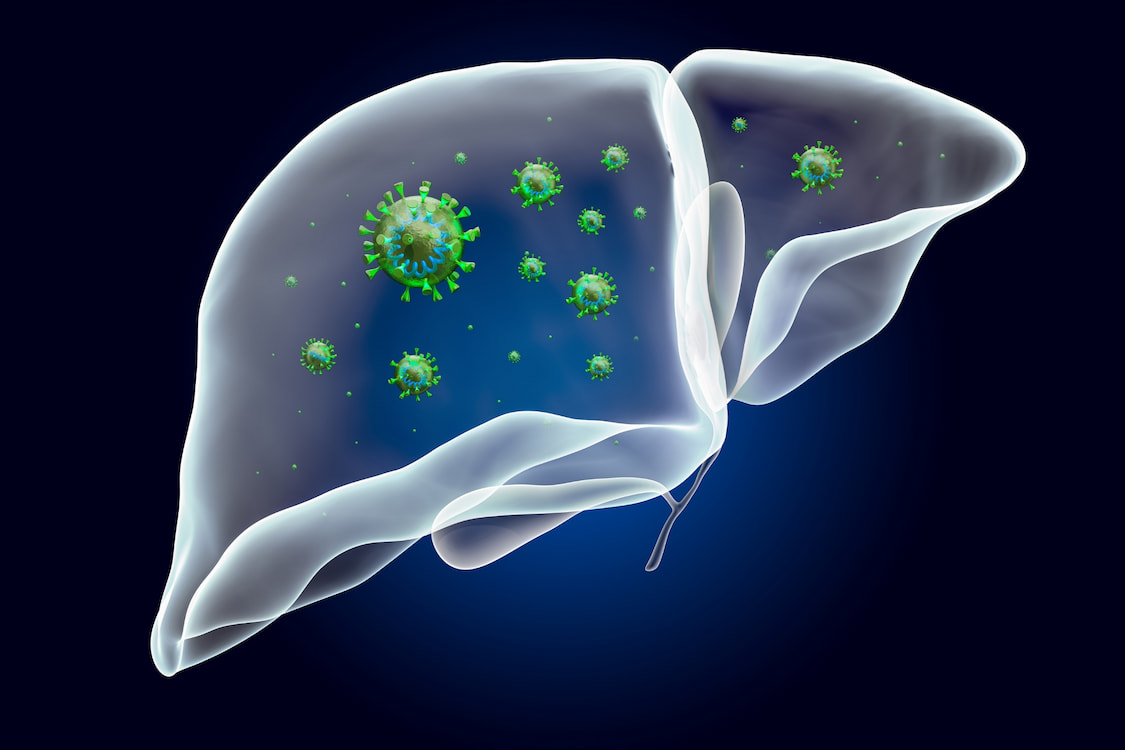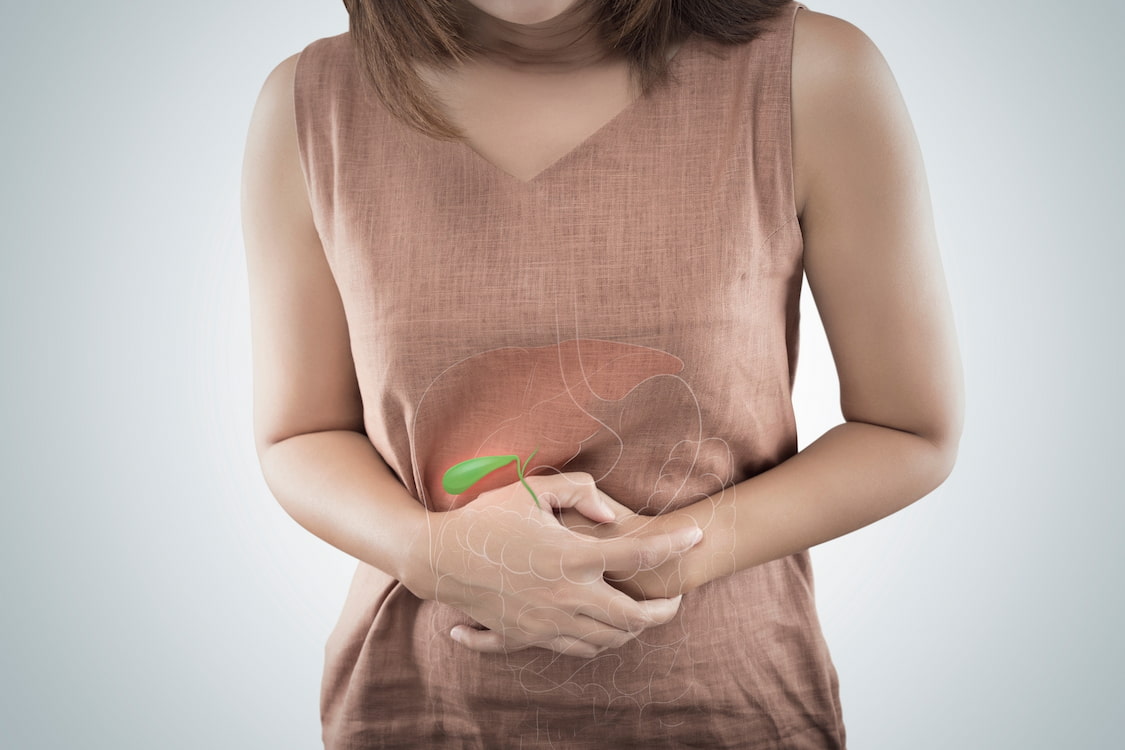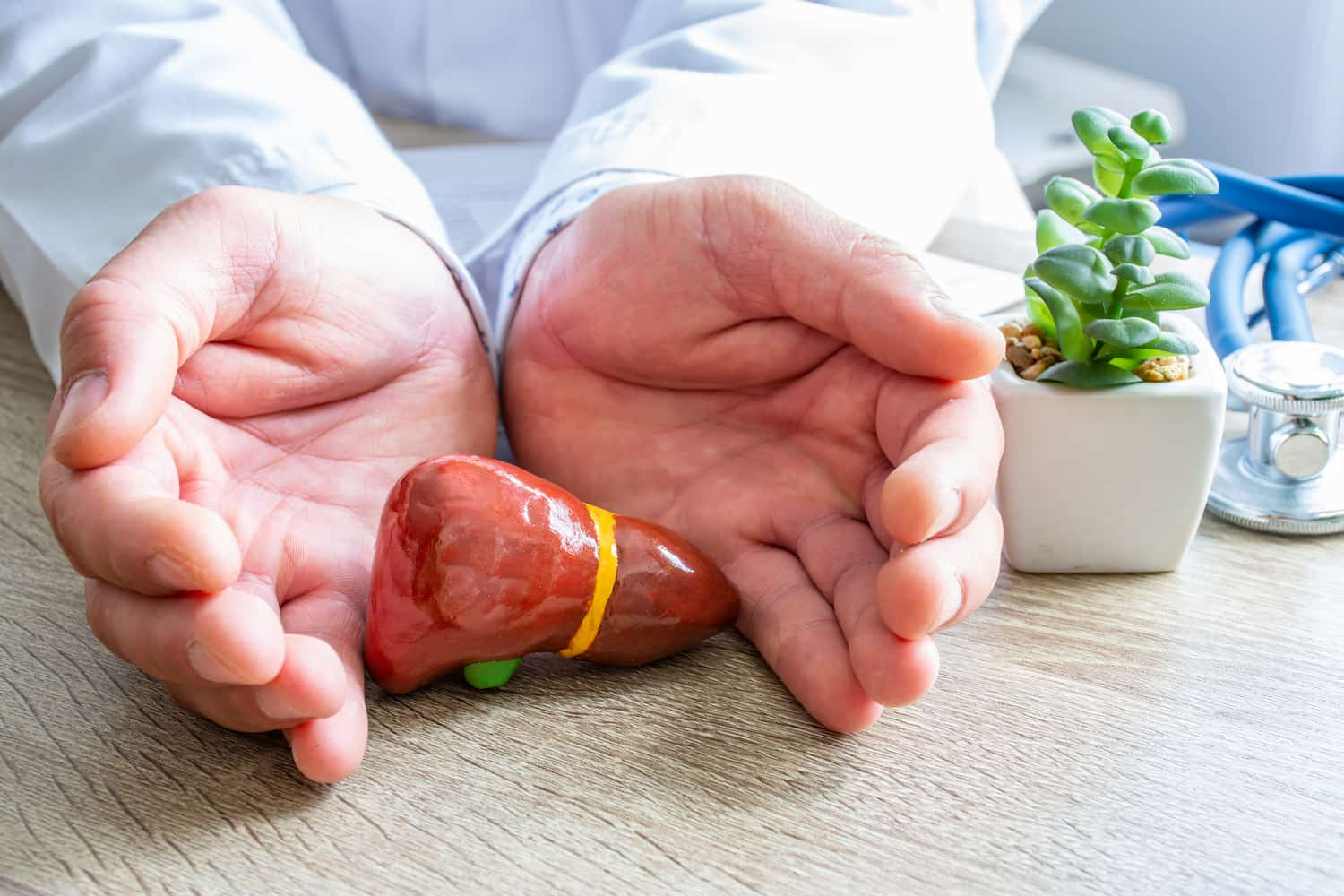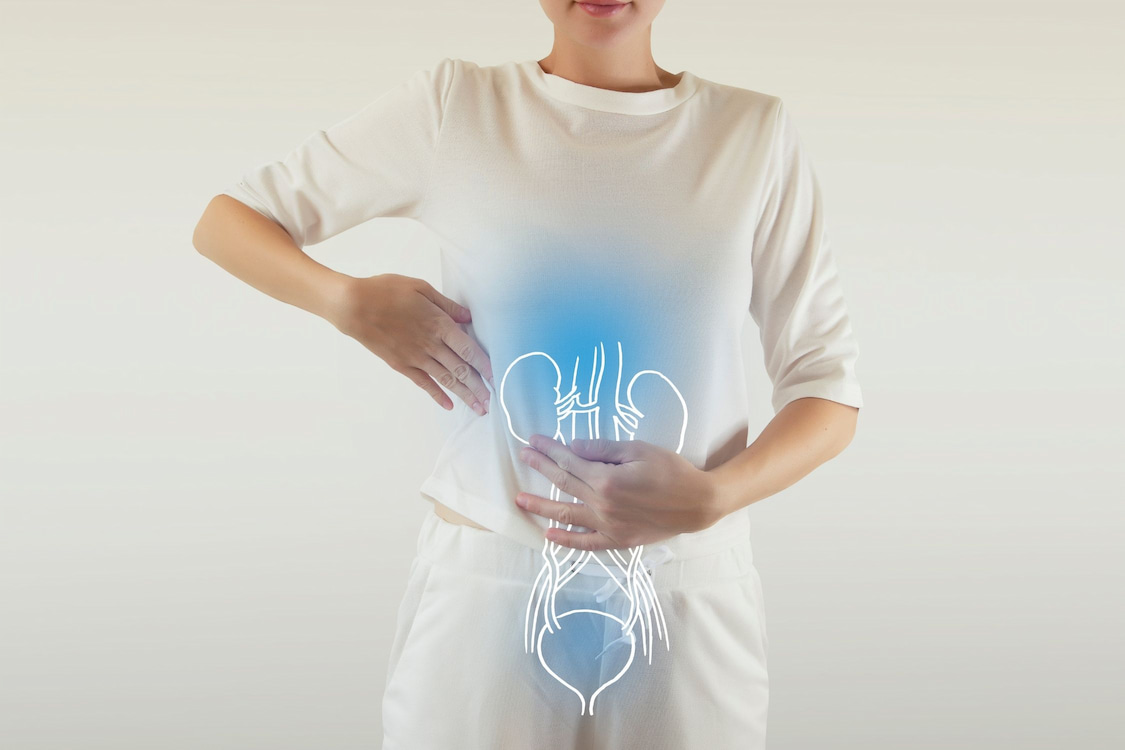
Don't Ignore the Signs: When to Go to the Hospital for a Gallbladder Attack
If you've ever experienced a gallbladder attack, you know how intense and debilitating the pain can be. However, not all gallbladder attacks are emergencies, and it can be challenging to determine when to seek medical attention. In this article, we'll explore the symptoms of an emergency gallbladder, what the emergency room will do for a gallbladder attack, and how to know if your gallbladder pain is serious.
When Is a Gallbladder Attack an Emergency?
A gallbladder attack can become an emergency when the pain is unbearable and doesn't subside after a few hours. Additionally, the presence of complications like infection, fever, and jaundice can indicate a severe gallbladder issue that requires emergency medical attention.
If you experience intense abdominal pain that radiates to your back, chest, or shoulders, it's essential to monitor how long it lasts. Typically, gallbladder attacks last for 15 minutes to a few hours, but if your pain lasts longer than five hours, it's time to seek emergency medical attention.
What Will the Emergency Room Do for a Gallbladder Attack?
When you arrive at the emergency room with a gallbladder attack, the medical team will perform a series of tests to determine the cause and severity of your pain. These tests may include blood tests, ultrasound scans, CT scans, or X-rays. Based on the results of these tests, the medical team may decide to admit you to the hospital for further treatment or send you home with pain medication and a referral to a gastroenterologist.
If your gallbladder attack is severe and requires immediate intervention, the medical team may perform surgery to remove your gallbladder, a procedure called a cholecystectomy. This procedure is typically done laparoscopically and has a high success rate.
What Are the Symptoms of an Emergency Gallbladder?
An emergency gallbladder is a serious condition that requires immediate medical attention. There are several symptoms that indicate an emergency gallbladder, including intense abdominal pain that lasts longer than five hours and doesn't subside with pain medication. Fever, chills, sweating, and rapid heartbeat or shallow breathing are also common symptoms of an emergency gallbladder. Other signs include yellowing of the skin or eyes (jaundice), nausea, vomiting, and abdominal bloating or distention. If you experience any of these symptoms during a gallbladder attack, it's crucial to seek medical attention right away to prevent serious complications.
In some cases, an emergency gallbladder can lead to life-threatening complications like inflammation, infection, or rupture of the gallbladder. These complications can cause sepsis, a severe and potentially fatal condition in which the body's immune system overreacts to an infection. Additionally, an emergency gallbladder can lead to the formation of gallstones, which can obstruct the bile ducts and cause severe pain and infection. Therefore, it's essential to recognize the symptoms of an emergency gallbladder and seek immediate medical attention to prevent complications and ensure prompt treatment.

How Do You Know If Gallbladder Pain Is Serious?
Gallbladder pain can be a sign of several underlying issues, including gallstones, biliary colic, or cholecystitis. If your gallbladder pain is mild and doesn't interfere with your daily activities, it may not be serious. However, if your pain is severe, constant, and accompanied by fever, nausea, or vomiting, it's time to seek medical attention.
It's also important to pay attention to other symptoms like bloating, gas, and abdominal discomfort. These symptoms can indicate gallstones, a common condition that affects women more than men. Other symptoms of gallstones include:
Pain in the upper right abdomen or the center of the abdomen.
Pain that radiates to the back or shoulder blades.
Nausea, vomiting, or indigestion.
Gas, bloating, or diarrhea.
Jaundice (yellowing of the skin or eyes).
Clay-colored stools.
If you experience any of these symptoms, it's crucial to see your doctor for a proper diagnosis and treatment plan.
Gallstones Symptoms in Females: Bloating and More
Gallstones are a common condition that can affect both men and women, but females are more likely to develop them due to hormonal changes during pregnancy, menopause, or the use of birth control pills. One of the most common symptoms of gallstones in females is bloating. Bloating is a feeling of fullness or discomfort in the abdominal area that can be accompanied by gas, belching, or abdominal pain. Other symptoms of gallstones in females include nausea, vomiting, and abdominal cramping, which can be mistaken for menstrual cramps. If you experience bloating or any other symptoms of gallstones, it's crucial to speak with your healthcare provider to determine the cause of your symptoms and develop a treatment plan. With proper diagnosis and treatment, you can manage your gallbladder condition and prevent future attacks.
How Long Does a Gallbladder Attack Last?
A gallbladder attack can vary in duration, with some lasting just a few minutes and others lasting several hours. On average, a gallbladder attack can last anywhere from 15 minutes to five hours, with the majority of attacks lasting between one to four hours. The duration of a gallbladder attack can depend on several factors, including the size and location of the gallstones, the severity of inflammation or infection, and the individual's pain tolerance. It's important to note that a gallbladder attack that lasts longer than five hours or is accompanied by fever, chills, or other severe symptoms can indicate an emergency gallbladder and requires immediate medical attention. Therefore, it's essential to pay attention to the duration and intensity of your gallbladder pain and seek medical attention if necessary.
Healthy Türkiye Notes
In conclusion, gallbladder attacks can be excruciatingly painful and require immediate medical attention in some cases. It's crucial to know when to go to the hospital for a gallbladder attack, especially if you experience any of the symptoms of an emergency gallbladder. It's also important to pay attention to other symptoms like bloating, gas, and abdominal discomfort, as they can indicate a more severe underlying condition like gallstones. Don't ignore the signs of a gallbladder attack, and seek medical attention promptly if your pain is severe or lasts longer than five hours. With proper diagnosis and treatment, you can manage your gallbladder condition and prevent future attacks. Remember, your health is essential, and seeking medical attention when necessary can save your life.




